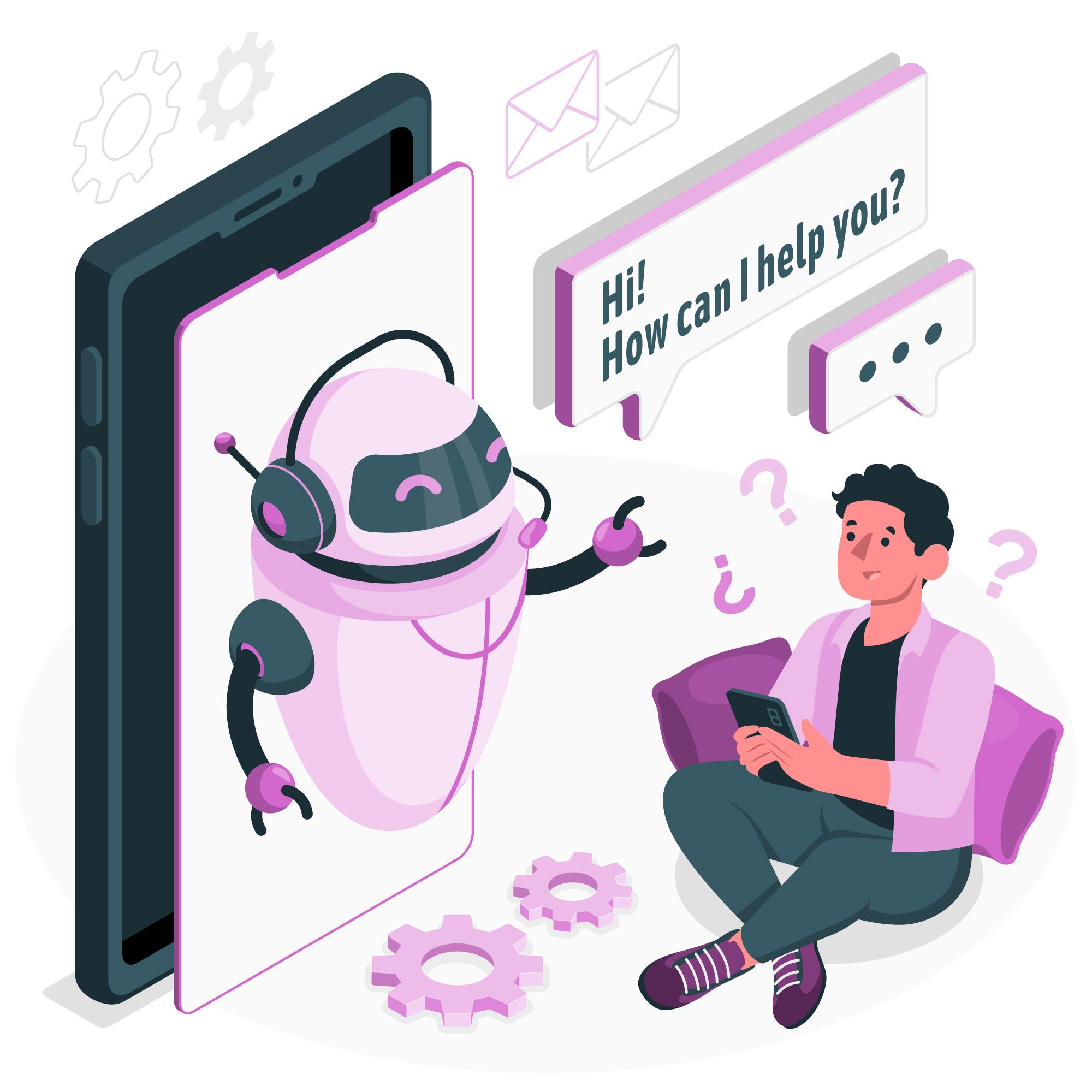
In today’s rapidly evolving business world, the use of AI chatbot services in making data-driven decisions is very necessary for companies that aim to remain competitive and creative. These days, AI chatbot services have really overhauled the manner in which organizations collect and interpret data, as well as the process of decision-making. The author of the article mainly concentrates on how AI chatbot services help improve data-driven decisions, further explained by the capabilities, advantages, and prospects of such services.
Introduction to AI Chatbots
AI chatbots come across as one of the most advanced software tools, which partner with artificial intelligence, specifically natural language processing (NLP) and machine learning (ML), to act like humans in conversations. These chatbots are capable of handling large volumes of data, recognizing trends, and extracting actionable information, thus helping enterprises improve decision-making processes wonderfully. Consequently, chatbots have become a big part of the AI world, and their development is reaching a very high technological level, which some users barely notice.
Capabilities of AI Chatbots in Data Analysis
AI chatbots are equipped with several capabilities that make them effective in data analysis and decision-making:
-
Data Drifting and Pattern Recognition: AI chatbots are capable of coring through tons of data to recognize the trends and patterns that are useful. This feature facilitates companies in discovering insights that they could have overlooked due to the data being so large for a human analyst alone.
-
Automated Reporting and Summarization: AI chatbots can create short, well-edited reports and summaries out of the huge amount of data that they contain, hence facilitating the data interpretation process. It also frees up time for more strategic tasks.
-
Real-Time Data Analysis: In the case of static data, AI chatbots are like, for example, ChatGPT in that they can use APIs to analyze the real-time data, therefore providing instant insights for prompt decision-making.
-
Interactive Data Exploration: People can directly interact with AI chatbots to conduct a detailed data exploration, ask in-depth questions, and get precise feedback, thus understanding the diverse data trends and patterns.
Benefits of AI Chatbots in Data-Driven Decision Making
The integration of AI chatbots into data-driven decision-making offers several benefits:
-
Automated efficiency: AI chatbots are in charge of the boring tasks of data processing and reporting; thus, employees are freed to think about more important strategic decisions.
-
Accuracy improvement: AI chatbots, by virtue of their limited number of errors in data analysis, ensure that the process is both more trustworthy and that the results obtained are of higher quality, hence a better decision-making process.
-
Scalability: AI chatbots, without any doubt, have the advantage of processing very large datasets instantly, so they have become the best choice for many industries to adopt and apply to their related businesses, such as data analysis and decision-making processes on a large scale.
-
Speed: The AI-based chatbots generate a prompt response in data analysis, thus providing enterprises with a decision-making tool that can keep up with the changing market conditions.
Challenges and Future Developments
While AI chatbots offer significant advantages, there are challenges to consider:
-
Data Quality: The performance of AI chatbots is good only if they rely on good data for their analysis. Lack of data quality will lead to misinterpretation of the resulting info.
-
Integration with Existing Systems: Making the data systems even smoother in integrating them with the chatbots is necessarily the best way to bring the fruitful use of AI chatbots.
-
Ethical Considerations: It is important to acknowledge that AI chatbots are not only transparent but also fair in their decision-making in order to assure the customers’ trust and integrity.
Most likely, the development of AI technology in the future will allow chatbots to execute more complicated data analysis assignments and to give much deeper insights. Besides that, the combination of AI chatbots with IoT and AR, which are rapidly growing technologies, will be the key to exploiting navigation in the decision-making process via data.
Conclusion
AI chatbot services are changing the face of data-driven decision-making. They are making available to businesses the ability for efficient, accurate, and scaled-out data analysis. Companies will undoubtedly rely heavily on AI chatbots in the future. Deploying AI chatbots will enable businesses to overcome the immediate hurdles and innovate in the future. Thus, AI chatbots are critical enablers to help organizations make decisions, stimulate breakthroughs, and keep pace with the trends in a constantly changing market.